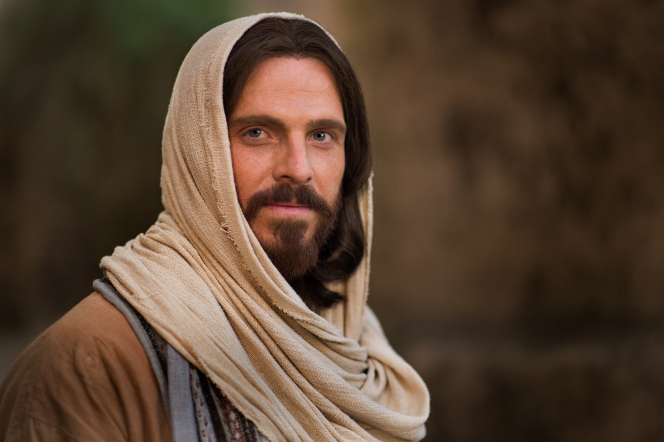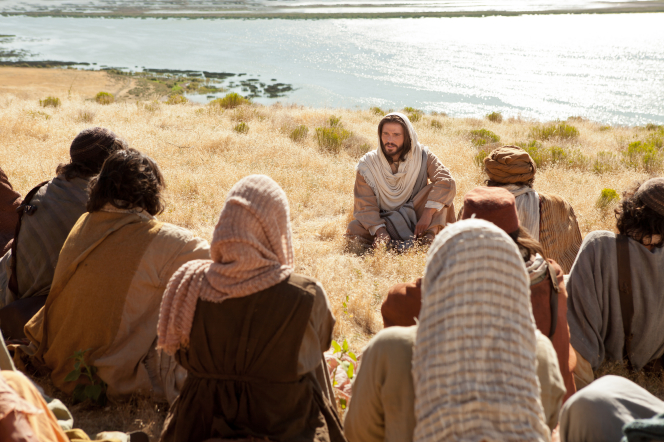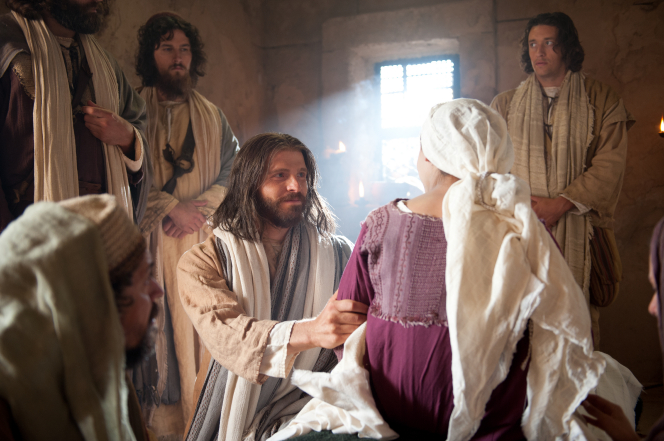
This is the second part of my post about the talk by President Spencer W. Kimball title Jesus: The Perfect Leader. This is the link to the first part of the talk and this is the link to the third part. In this second part I will review the three more segments of President Kimball’s talk, under the titles of Responsibility, Accountability, and Wise Use of Time.
Responsibility
Jesus knew how to involve his disciples in the process of life. He gave them important and specific things to do for their development. Other leaders have sought to be so omnicompetent that they have tried to do everything themselves, which produces little growth in others. Jesus trusts his followers enough to share his work with them so that they can grow. That is one of the greatest lessons of his leadership. If we brush other people aside in order to see a task done more quickly and effectively, the task may get done all right, but without the growth and development in followers that is so important. Because Jesus knows that this life is purposeful and that we have been placed on this planet in order to perform and grow, growth then becomes one of the great ends of life as well as a means.
Spencer W. Kimball
From my first days as a member of the Church of Jesus Christ of Latter-day Saints I have seen this principle in action, sometimes with better applications and results than in others, but it is a constant principle of action in His Church. People are given responsibilities and opportunities to grow through assignments and callings who allow them to develop, while serving others.
While it may seem easier and more effective to take things into our hands, when we lead, instead than providing challenging opportunities of growth to others, the way the Savior moves His work forward is by trusting His servants and giving them appropriate responsibilities. He surely could do the work by himself, but he chooses to let us participate.
I think of the young missionaries who, at the age of 18 or 19, go into the world to share the message of the Gospel. The Church does not use professional religious teachers for that work, but following the instructions of the Savior, sends these young missionaries to do His work. While they work in the Lord’s vineyard, they grow spiritually, socially, emotionally in ways that wouldn’t have been possible had they stayed home.
Similarly, bishops and other leaders in the congregations of the Church of Jesus Christ of Latter- day Saints are chosen among people who are not professional clergymen. Through their service, however, over time, they come to learn how to be more effective and Christlike.

Jesus was not afraid to make demands of those he led. His leadership was not condescending or soft. He had the courage to call Peter and others to leave their fishing nets and to follow him, not after the fishing season or after the next catch, but now! today! Jesus let people know that he believed in them and in their possibilities, and thus he was free to help them stretch their souls in fresh achievement. So much secular leadership is condescending and, in many ways, contemptuous of mankind because it treats people as if they were to be coddled and cocooned forever. Jesus believed in his followers, not alone for what they were, but for what they had the possibilities to become. While others would have seen Peter as a fisherman, Jesus could see him as a powerful religious leader—courageous, strong—who would leave his mark upon much of mankind. In loving others, we can help them to grow by making reasonable but real demands of them.
Spencer W. Kimball
To envision how people can become and help them get there is one of the most important skills of a great leader. The Savior is demanding, but not for His own glory, but to help His followers, and for the glory of the Father. He is demanding because He is not offering us to simply follow Him forever, but he is teaching us to become like Him, and this supreme goal cannot be achieved easily.
Many leaders don’t really trust their own followers, and they simply want to keep them happy, to exploit their support for their own personal gains. In all of this, there is no real concern and love for their followers, but only expediency.
Accountability
Jesus taught us that we are accountable not only for our actions but also for our very thoughts. This is so important for us to remember. We live in an age that stresses “no-fault insurance”—and “no fault” in other human behavior as well. Accountability is not possible, of course, without fixed principles. A good leader will remember he is accountable to God as well as to those he leads. By demanding accountability of himself, he is in a better position, therefore, to see that others are accountable for their behavior and their performance. People tend to perform at a standard set by their leaders.
Spencer W. Kimball

In our age of relativism, where principles change at will and for convenience, many leaders don’t feel accountable for what they think and do, and similarly don’t hold their followers accountable. There is always a justification or excuse for changing position or for inappropriate behavior. Unstable leaders attract unstable followers. As Jesus said,
Let them alone: they be blind leaders of the blind. And if the blind lead the blind, both shall fall into the ditch.
Matthew 15:14
Wise Use of Time
Jesus also taught us how important it is to use our time wisely. This does not mean there can never be any leisure, for there must be time for contemplation and for renewal, but there must be no waste of time. How we manage time matters so very much, and we can be good managers of time without being frantic or officious. Time cannot be recycled. When a moment has gone, it is really gone. The tyranny of trivia consists of its driving out the people and moments that really matter. Minutia holds momentous things hostage, and we let the tyranny continue all too often. Wise time management is really the wise management of ourselves.
Spencer W. Kimball
If we are responsible for our lives and in order to help others to be successful with theirs, we need to properly value and use time. The older I become, the more aware I am that I need to constantly make choices and establish priorities about how to use my time. It is not anymore simply a decision between a good and a bad use of my time, but it is the more complicated evaluation of what constitute a good, or a better or the best use of my time.
As Elder Dallin H. Oaks said in his talk Good, Better, Best,
We should begin by recognizing the reality that just because something is good is not a sufficient reason for doing it. The number of good things we can do far exceeds the time available to accomplish them. Some things are better than good, and these are the things that should command priority attention in our lives.
Dallin H. Oaks
At the same time, we should not become so consumed with what we do that we don’t learn to stop and relax, and take the needed breaks from our activities, to recharge and live a fulfilling life with our loved ones. Not many people at the end of their lives say “I just didn’t spend enough time with my job.” Good leaders should also recognize these needs in their followers and not require them to do extreme sacrifices of time and energies only to gratify the leader’s pride and selfish goals.
-(to be continued – Jesus: The Perfect Leader – link to the third part)

Trackbacks/Pingbacks